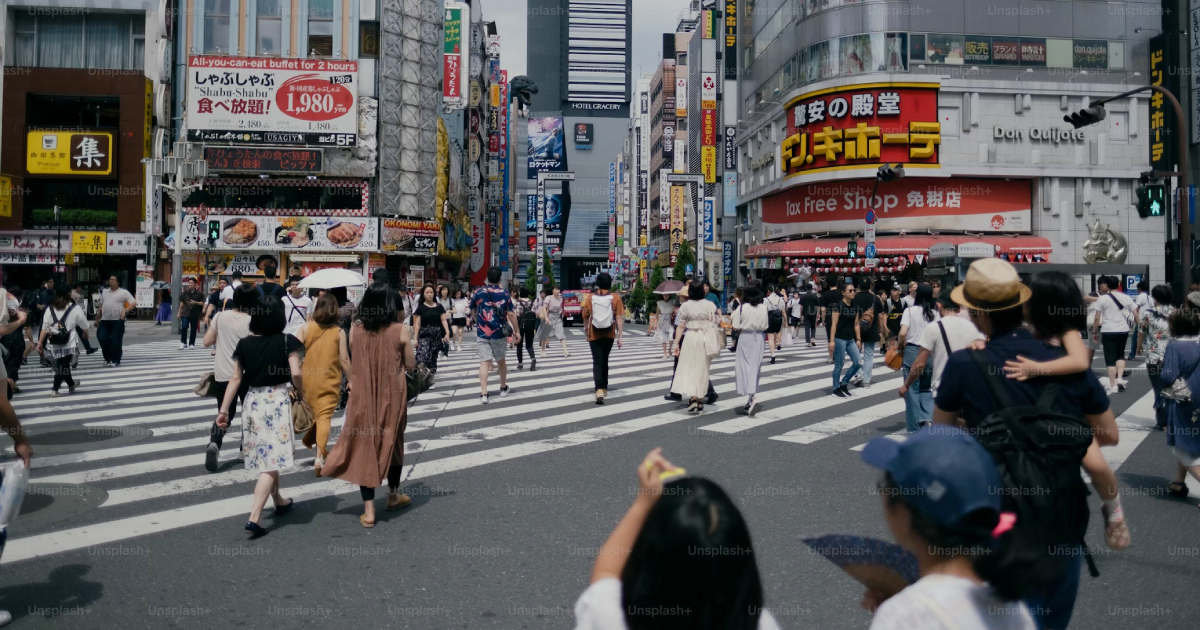There have been a total of 977 cases of a potentially deadly disease caused by “flesh-eating” bacteria in Japan in the first half of 2024.
Cases of streptococcal toxic shock syndrome (STSS) have reached an all-time high in the country in just the first six months of 2024 so far, according to the National Institute for Infectious Diseases.
This is the highest number of cases in Japan since record-keeping began in 1999.
The total number of cases in 2023 was 941.
STSS is caused by group A streptococcal bacteria
About 5 to 20 per cent of adults carry group A streptococcal bacteria, which is responsible for STSS, and most are without symptoms.
The “flesh-eating” bacteria that causes this disease is streptococcus pyogenes.
The bacteria, which is spread via respiratory droplets, direct contact, or through wounds on the hands and feet, is typically associated with strep throat or tonsillitis, but can lead to more serious infections.
According to the U.S. Centres for Disease Control and Prevention (CDC), infections usually begin with flu-like symptoms including nausea and fever, before soon progressing to sepsis, which can lead to organ failure and death.
 A chain of group A streptococcu. (Image courtesy of Japan's National Institute of Infectious Diseases)
A chain of group A streptococcu. (Image courtesy of Japan's National Institute of Infectious Diseases)
STSS has a high morality rate, which is largely dependent on the age of the patient.
Colin Michie, a medical researcher from University of Central Lancashire in the U.K., said mortality rates "can range from 5 per cent in younger patients who have been admitted quickly to intensive care, to up to 70 per cent in the elderly".
Ken Kikuchi, a professor of infectious diseases at Tokyo Women’s Medical University, told Japanese newspaper The Mainichi, elderly patients can die within 48 hours of being infected.
Yet to determine what's causing the rise in cases
Tokyo has recorded the highest number of cases in the country, with 145 this year.
According to The Mainichi, Japan's National Disease Institute said: "infections of more virulent and contagious strains of the bacterium are increasingly being reported, particularly in the Kanto region centring on Tokyo".
Cases have been recorded in all 47 of Japan's prefectures.
Experts are yet to determine what's responsible for the sharp rise in diagnoses.
However, some believe it is a consequence of Japan's relaxation of Covid-19 restrictions.
Kikuchi told The Guardian he was "very concerned" about the dramatic rise in cases.
Top image from Unsplash.
If you like what you read, follow us on Facebook, Instagram, Twitter and Telegram to get the latest updates.



